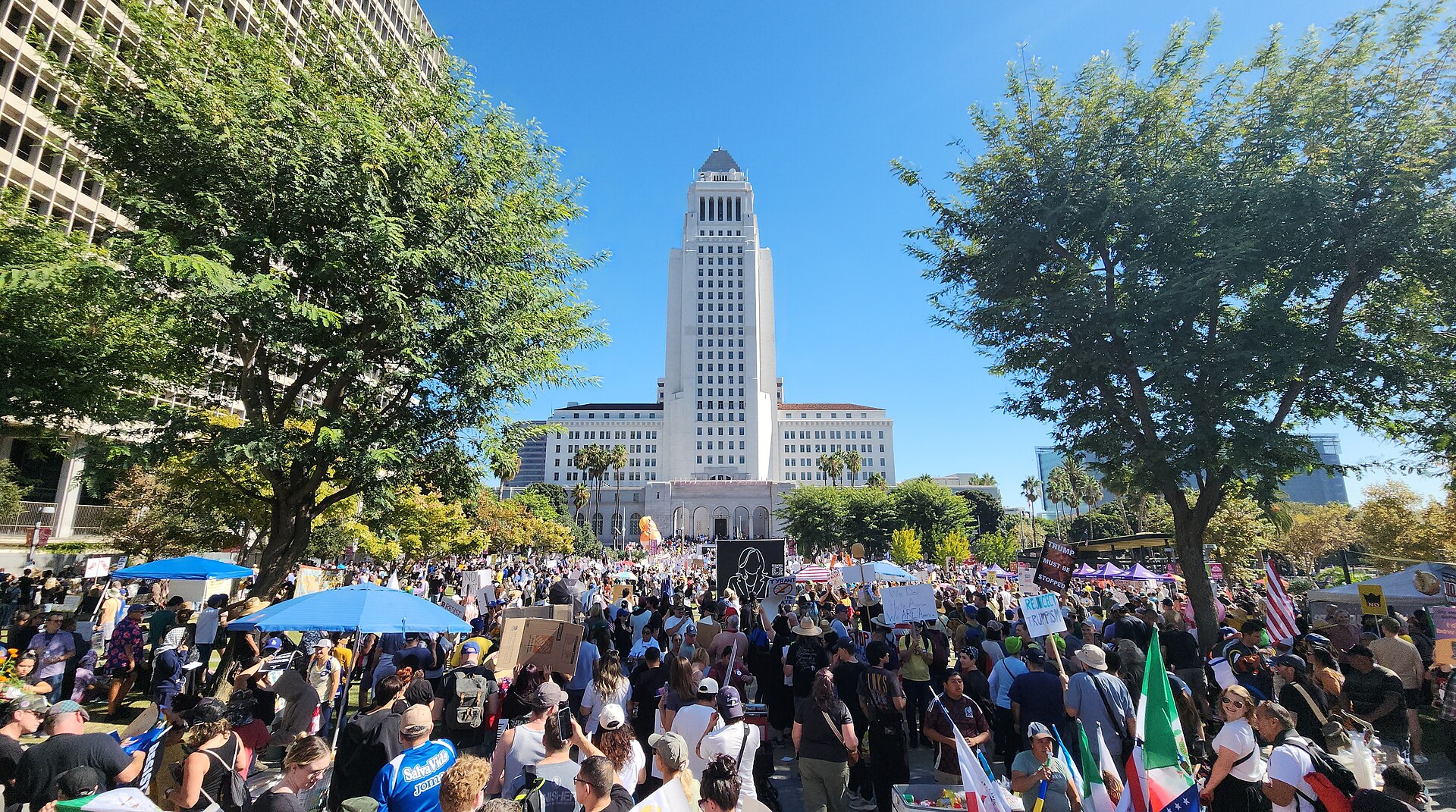Books & Culture
The Association of Small Bombs Sheds Light Where You Would Never Think to Look

With The Association of Small Bombs, Karan Mahajan succeeds in the difficult task of describing the immense, unbearable consequences of a terrorist act. The novel begins with a small bombing, it kills “only” about 50 people, at the Lajpat Nagar market in Delhi, in 1996. Mahajan’s prose is well-measured, his descriptions visceral and tactile, as he develops his story in short chapters that bring out the inner life of each character. In these characters’ humanity and fullness Mahajan displays his control of his craft, his artistry and brilliance.
Two of the people who die in the initial blast are Nakul and Tushar, 11 and 13, the sons of Vikas and Deepa Khurana. They go to the market to repair a TV with their friend Mansoor, who survives the blast, but suffers mentally and physically for years to come. The repair of a TV is a meaningless reason to die, which is among the first things we learn from this novel: all bombings are meaningless, except to the people that set them off. That must be why we are introduced to Shockie, the bomb maker, right after meeting the Khuranas and Mansoor’s family. Shockie has killed dozens of Indians in revenge for the military oppression of Kashmir, but we first encounter him when he is performing his pre-mission ritual of calling home to his sick mother.
Shockie’s character is as developed and human as any. He is full of anger and hate, but he has remorse for his actions when he gets to know some of his victims, and after his friend Malik is imprisoned for the mission he completed, he is plagued by guilt. Mahajan does not make it easy for his readers to apply to the perpetrators in his book any preconceived notions, instead he confronts us with their reasoning, their dreams and their friendships.
All though the terrorists in The Association of Small Bombs are well created and interesting, with motivations all grounded in political activism and not radical Islam (as one might expect), it is in the description of their victims that Mahajan truly devastates. The first thing that struck me about his writing is how brilliantly he describes the unexplainable experience of Vikas and Deepa’s loss. Their chapters are the most tender and relatable. The opening of the novel, “Blast,” immediately connects the reader to their story, and shows off Mahajan’s prose. Already on page five, we are placed in Vikas’ post bombing dream, where he becomes the bomb that killed his children:
The best way to describe what he felt would be to say that first he was blind, then he could see everything. This is what it felt like to be a bomb. You were coiled up, majestic with blackness, unaware that the universe outside you existed, and then a wire snapped and ripped open your eyelids all the way around and you had a vision of the world that was 360 degrees, and everything in your purview had been doomed by seeing.
Here, Mahajan describes the ruinous impact of the bomb through the eyes of the man it affected most of all. Choices like this one throughout the novel impressed me. Mahajan has an unfaltering ability to get at each event he describes from interesting, unexpected angles. The description of the bomb is also a great image for how the novel works. Like Vikas and the bomb, so do Mahajan’s readers experience the doom by seeing all angles and perspectives, everything that went into the act of the blast, and everything that came out of it.
As the book unfolds, we get to know young Mansoor as a timid, overprotected adult, who is finally safe from fear and terror when he arrives for his studies in California. Then 9/11 happens, and he immediately feels the impact of being a Muslim in a country that develops a sudden and all-consuming fear for his religion. Not to speak of the fact that Mansoor dreams of being a programmer, but during his time in America suffers a relapse to the pain he had in his wrists after the blast. He has carpal tunnel syndrome, which means he can never work with programming, and he returns home to find solace in the religion he didn’t practice much growing up, and a group of activist friends. Their group attempts to gain fair treatment of jailed Muslims, one of them Shockie’s friend, Malik, who is in prison for the bombing that Mansoor can blame for his suffering, and his recent return to India.
Mansoor has an impressionable nature, after having spent his childhood mostly “protected” in his parents’ house, dreading anything else that might happen to him out in the world. Therefore, it is no surprise that he seeks something to fill him with belief and meaning. Mahajan’s writing is sensitive and intelligent when he describes Mansoor’s new devoutness and engagement with politics. We are shown that this, arguably like most of what happens in the life of a young person, is more than anything about the friends he connects with and the community he finds. This realization makes Mansoor’s chapters all the more powerful and heartbreaking, the closer we get to the unavoidable tragic end of the novel. Finally, we understand just how fatalistic Mahajan’s story is; none of the victims of the small bomb at Lajpat Nagar will ever escape its consequences.









